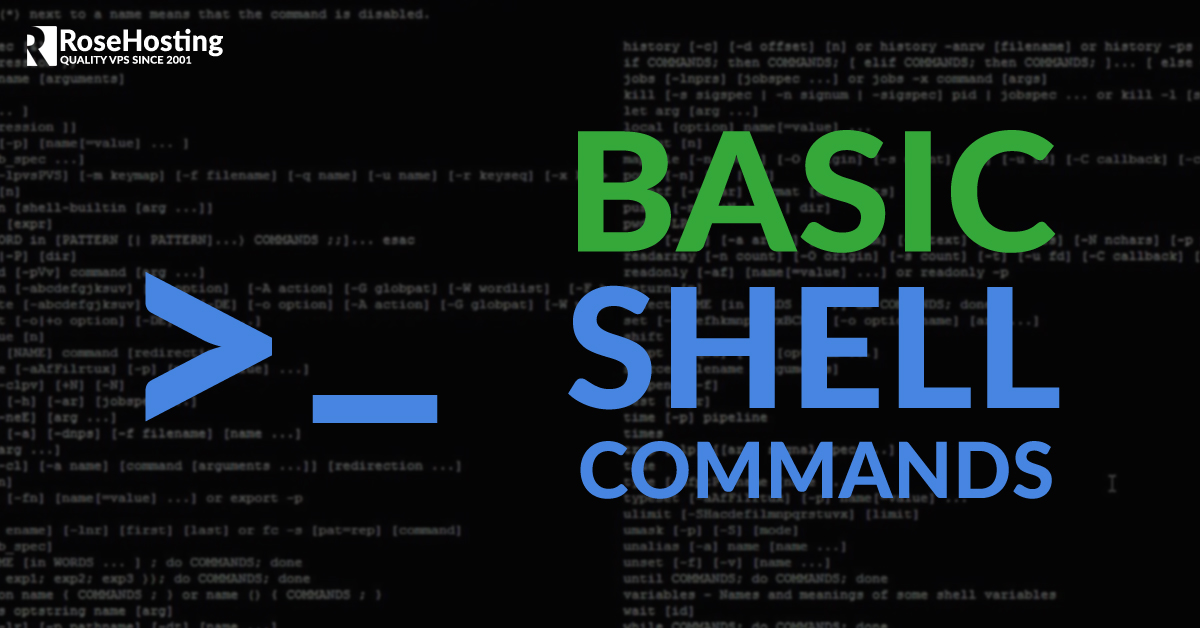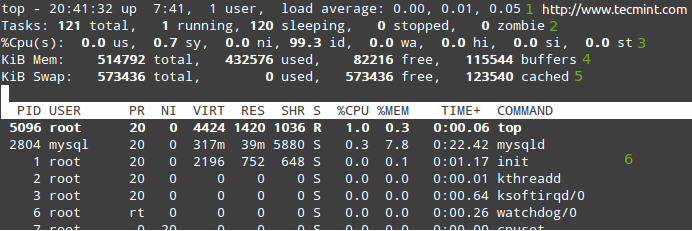Packet Analyzer: TCPDUMP Command Examples
TCPDUMP command is also called as packet analyzer. The command in general: Capital S means 'Specific' i.e. just traffic to and from the host you specify Lowercase s means the maximum size of the packet. '0' means anything. pipe "|" tee means send it to the file and the console. TCPdump on a CPAM server [...]










